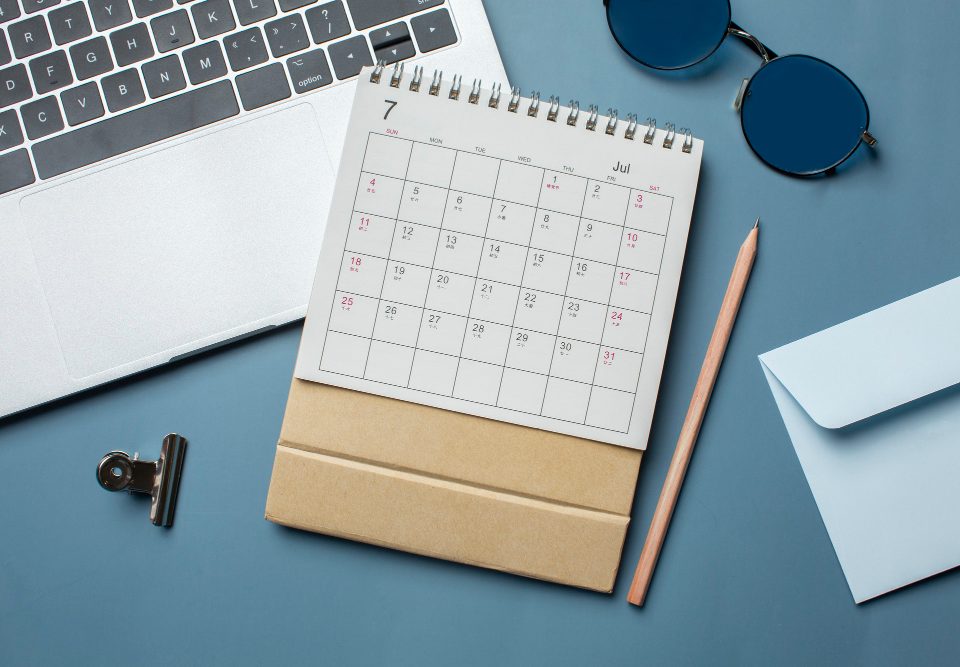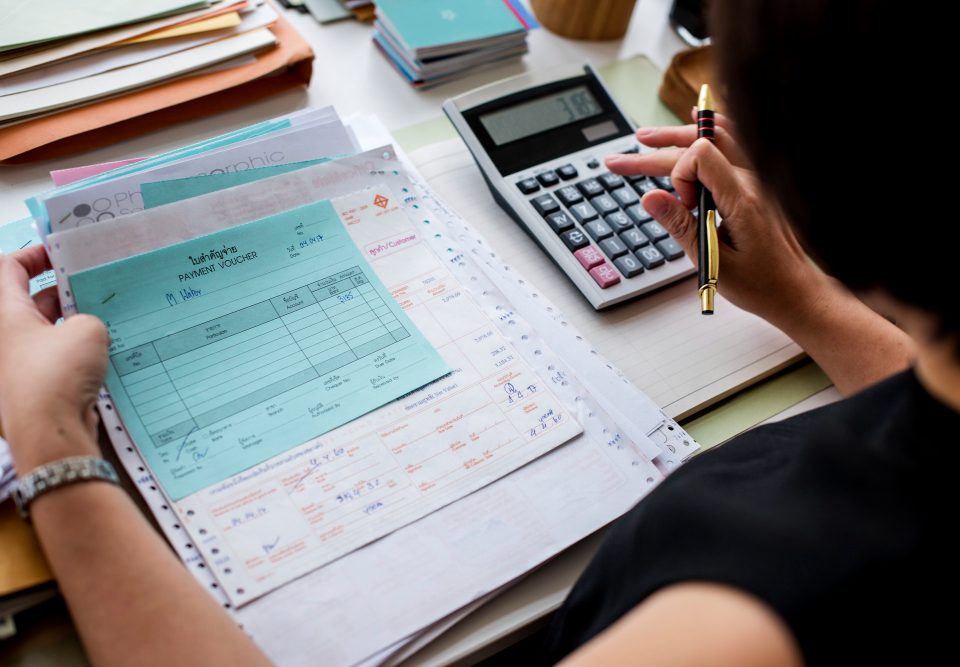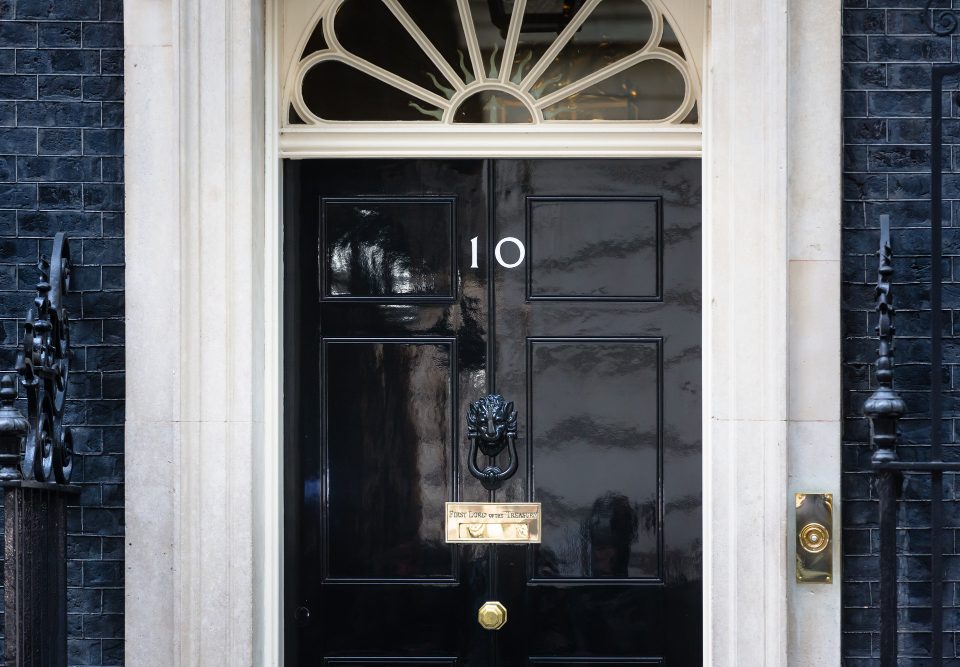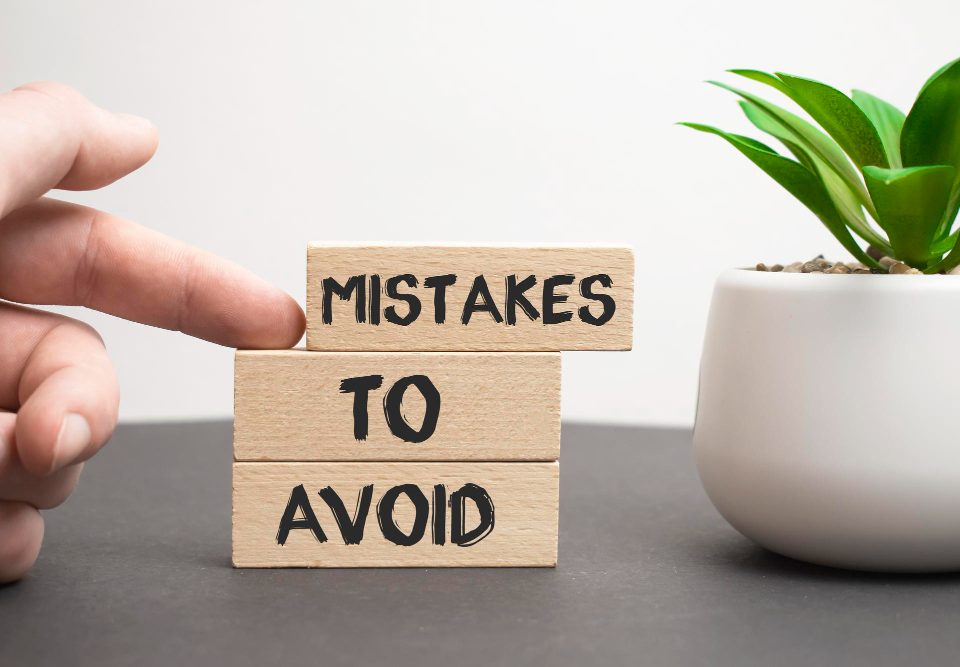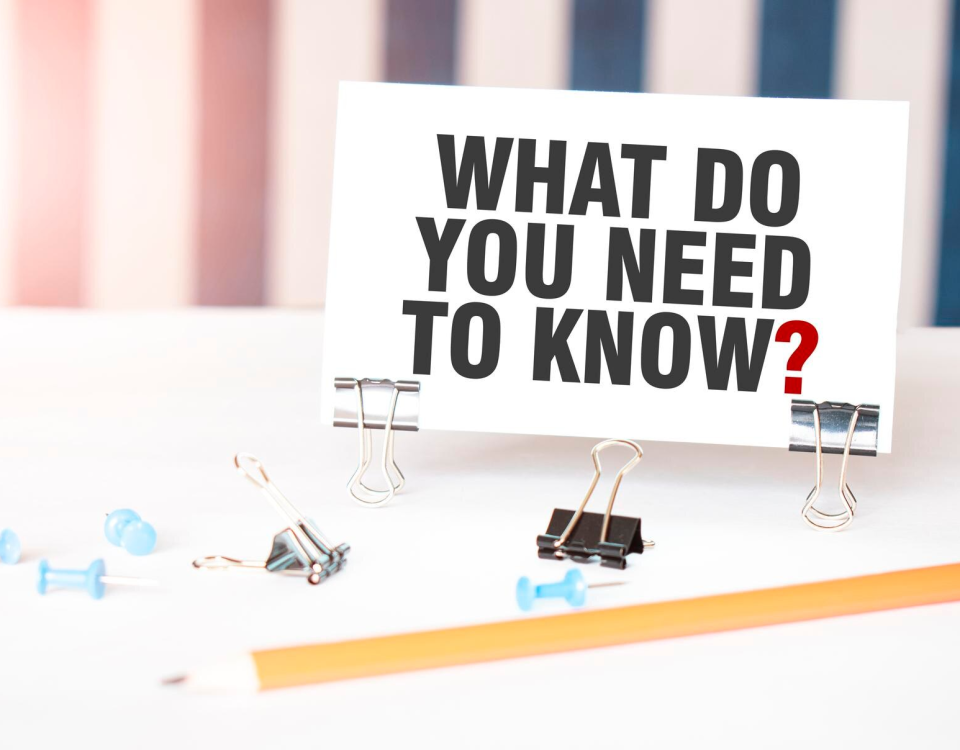Tax time can be a source of great stress for the self-employed. If you’re confused by your self-assessment tax return, we’ve broken it down to make the process as easy as possible.
Do I need to submit a CIS tax return?
If you’re self-employed or you’re a member of the Construction Industry Scheme, it’s likely that you will need to submit a tax return to disclose your earnings for the financial year. Usually, HMRC will contact you to remind you that this is due. If you haven’t heard anything, you can check your eligibility online.
How to do a CIS tax return
What do I need to do?
You will firstly need to register for a self-assessment tax return using HMRC’s online portal. Once registered, you will need to complete an SA100 form.
What information do I need to have prepared?
In order to complete your tax return, you’ll also need your UTR (Unique Tax Reference).
This number is unique to you and will be assigned once you register your company. This ten digit number is how HMRC determines that you are self-employed.
You may also need to complete the following:
Income
You will need to include your turnover for the financial year. This is calculated by totalling up your sales. You must also declare any additional income and property income if applicable.
Losses
You may be able to claim tax relief on any losses you have incurred in the financial year. The amount of tax relief you can claim against your income each year is limited to the greater of £50,000 or 25% of your adjusted total income.
Interest earned
This includes any interest gain from your bank accounts.
Payment deductions from contractors
This is only applicable if you are a subcontractor. You should add up all of the deductions made by contractors from the financial year. You will find the deductions on the statements given to you by contractors.
Business expenses
Any expenses used for the purpose of your business should be declared to HMRC.
What expenses can I claim for?
As long as your costs are incurred wholly and exclusively for the cost of your business, you are eligible to claim tax relief. It’s important that you keep records of your expenses and can provide evidence if HMRC asks. For more information about what you can claim, check our guide to expenses.
What happens if I miss the deadline?
If you miss the tax return deadline, you will automatically incur a fine from HMRC.
You can find more information about tax deadlines and penalties here.
Help from Brian Alfred
Completing your tax return can be a lengthy and tiresome process. That’s why the team at Brian Alfred are here to take the pressure away with our tax rebate service. We can complete your return and submit all of the information to HMRC on your behalf, giving you more time to focus on your work.
For more information or to see how we can help, give us a call on 0800 464 0355 to chat with one of our tax experts. Alternatively, drop us a message on our contact page.



